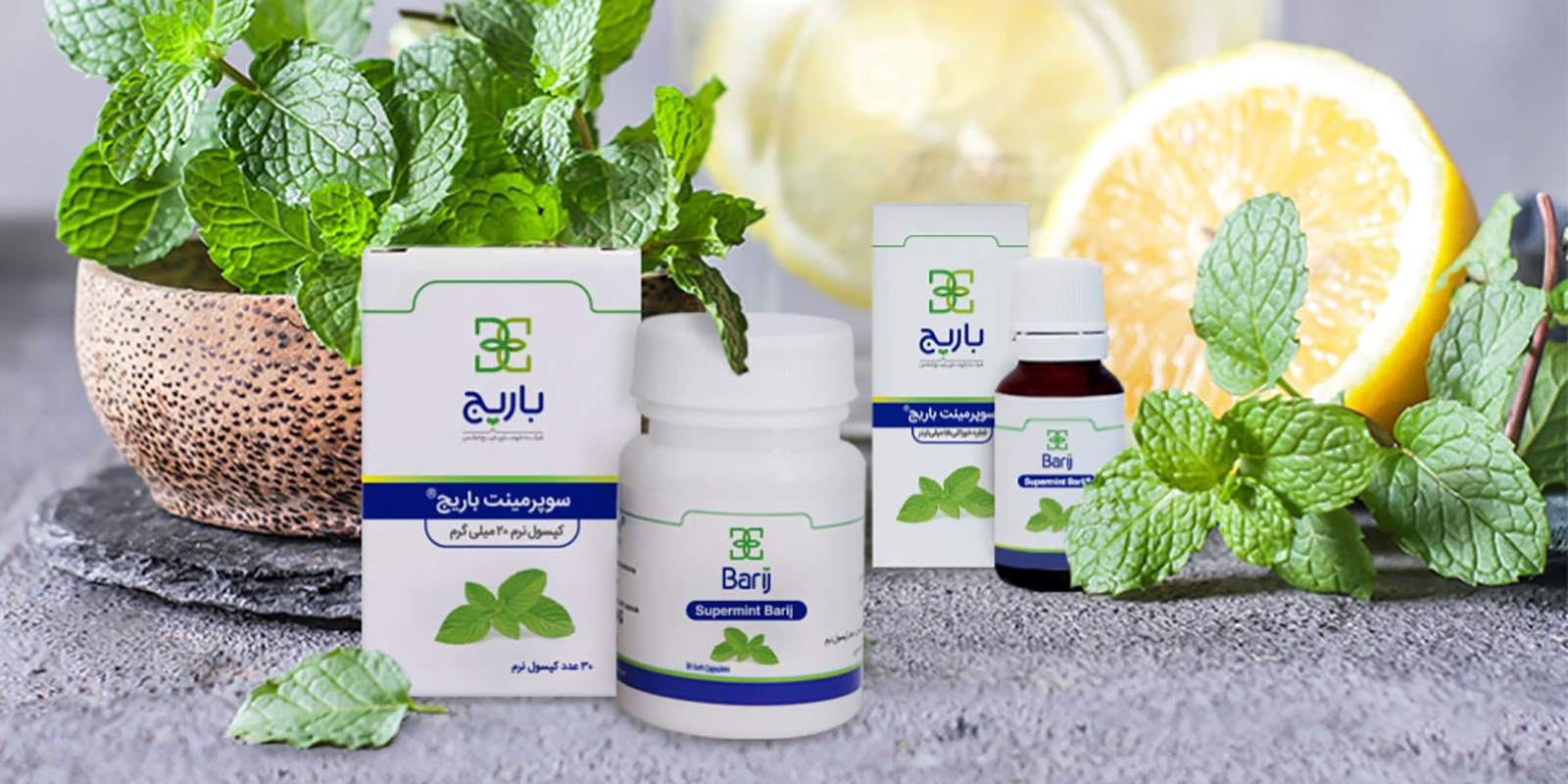1. Anti-flatulence effect:
The anti-flatulence effect of mint and its essential oil is well known. Although the exact mechanism of this effect is not known; It is probably due to the relaxation of the lower esophageal sphincter and the reduction of gas pressure in the stomach. In other words, peppermint essential oil relaxes the lower esophageal sphincter and equalizes the pressure inside the stomach with the pressure inside the esophagus.
In a randomized, placebo-controlled, double-blind clinical trial, 70 patients with chronic gastrointestinal problems such as bloating were treated with a herbal pill containing mint over a 14-day period. Analysis of the test results showed a significant correction of the gastrointestinal complaints scores of the herbal pill group compared with the placebo group (p <0.05). Ultrasound results in assessing the amount of gas in the intestine also showed a significant benefit of this pill. (p <0.05)
2. Antispasmodic effect:
The mechanism of antispasmodic effects of peppermint essential oil has been determined. Researchers believe that the ability of peppermint essential oil to inhibit isolated smooth muscle contractions is due to the inhibition of calcium entry into muscle cells, and the clinical effects of peppermint essential oil in treating symptoms of irritable bowel syndrome, including abdominal pain and discomfort, to inhibit excessive smooth muscle contraction. As a result, proper muscle tone is attributed.
3. Treatment of indigestion:
In a randomized, double-blind clinical trial for the treatment of indigestion; The formula containing peppermint essential oil was better than metoclopramide antispasmodic in relieving symptoms such as pain, nausea, belching and heartburn (p = 0.02).
4. Inhibition of Helicobacter pylori proliferation:
Based on the results of research; Peppermint essential oil (spearmint) and its compounds inhibit the proliferation of susceptible and resistant strains of H. pylori and Staphylococcus aureus (S. aureus). Due to the role of Helicobacter pylori in causing inflammation and ulcers of the stomach and duodenum, inhibiting its growth is very important.


 Zireh Barij® Oral Soft Capsule
Zireh Barij® Oral Soft Capsule
Reviews
There are no reviews yet.